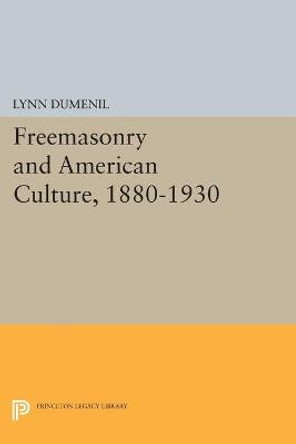In Modernism and Time, Ronald Schleifer analyses the transition from the Enlightenment to post-Enlightenment ways of understanding in Western thought. Schleifer argues that this transition in the late nineteenth and early twentieth century expresses itself centrally in an altered conception of temporality. He examines this period's remarkable breaks with the past in literature, music, and the arts more generally. Whereas Enlightenment thought sees time as a homogenous, neutral medium, in which events and actions take place, post-Enlightenment thought sees time as discontinuous and inexorably bound up with both the subjects and events that seem to inhabit it. This fundamental change of perception, Schleifer argues, takes place across disciplines as varied as physics, economics and philosophy. Schleifer's study engages with the work of writers and thinkers as varied as George Eliot, Walter Benjamin, Einstein and Russell, and offers a powerful reassessment of the politics and culture of modernism.
This book offers a powerful reassessment of the politics and culture of modernism.Reviews"...Schleifer's study of modernism and time - emphasizing the logic of abundance...in lterature, science, and culture - is a tour de force...intriguing study...Most useful to graduate students and above." Choice
"Overall, this volume is well written and researched, and contains an index with an impressive number of subcategories...With its wide span of focal points, Modernism and Time should be of considerable interest to scholars in both the humanities and the sciences." Colloquia Germanica
Book InformationISBN 9780521661249
Author Ronald SchleiferFormat Hardback
Page Count 296
Imprint Cambridge University PressPublisher Cambridge University Press
Weight(grams) 610g
Dimensions(mm) 229mm * 152mm * 21mm










